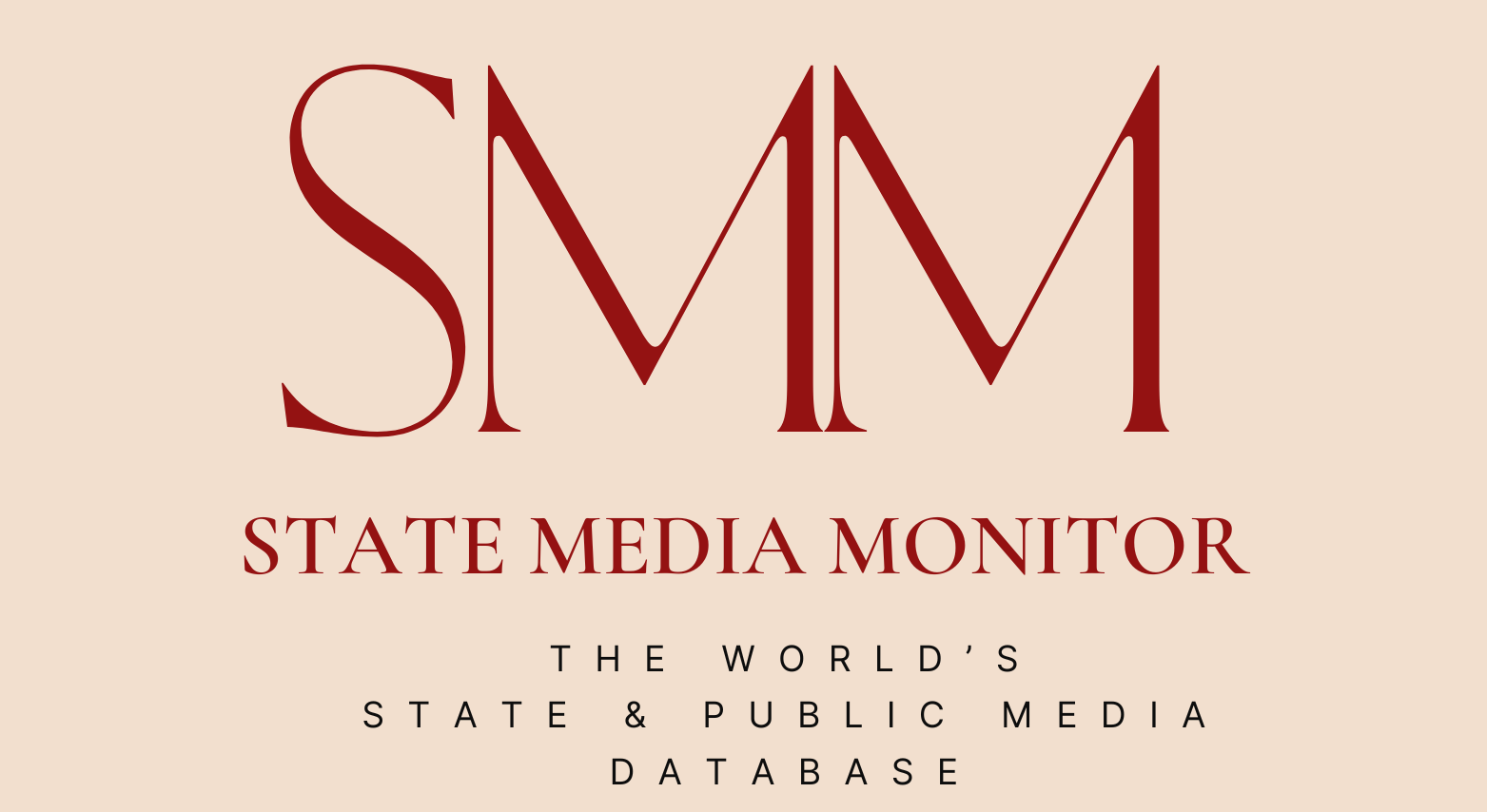Taiwan Broadcasting System (TBS) is a public broadcasting group established in 2006. It operates two of Taiwan’s largest television networks (CTS with five channels and PTS with three channels) and Hakka TV, which broadcasts in Hakka, a group of Chinese languages spoken in Taiwan. In the last quarter of 2012, TBS launched the streaming service TaiwanPlus, an English-language on-demand program offering news and documentaries.
Media assets
Television: Chinese Television System (CTS): CTS Main Channel, CTS Education and Culture, CTS Recreation, CTS News and Info, CTS Variety; PTS: PTS Main Channel, PTS Taigi, PTS HD, Taiwan Plus; Hakka TV
State Media Matrix Typology: Independent State Funded and State Managed (ISFM)
Ownership and governance
TBS was established in 2006 as part of the Taiwanese government’s media reform process, which merged CTS and PTS into a single broadcasting group. The creation of TBS was based on the Statute Regarding the Disposition of Government Shareholdings in the Terrestrial Television Industry, a law passed by the parliament and enacted in 2006, which provided the legal basis for the transfer of shares from CTS to the newly created TBS (the law also required the Chinese Nationalist Party (KMT) to sell its media assets to private companies, a development that significantly changed the Taiwanese media market, but is not relevant to our report).
TBS is a public broadcasting organization owned by the Taiwanese government. The PTS Foundation, formerly the entity that operated PTS, manages all of the entities that are now part of TBS: PTS, CTS (which donated its shares to PTS Foundation when it merged with TBS in 2006), and Hakka TV (which joined TBS in 2007). The PTS Foundation is governed by the Public Television Act of 2009.
The main governance structure of the PTS Foundation, which is a non-profit organization, is a Board of Directors and Supervisors consisting of 18 members. They are appointed by the Legislative Yuan, Taiwan’s parliament, and confirmed by the Examination Yuan, an independent civil service commission whose primary function is to validate civil servants. Members of the Executive Yuan are appointed by the president and confirmed by the parliament. The Chairman of the Executive Yuan serves as the Chairman of the Board for all entities of the TBS (PTS, CTS and Hakka).
Source of funding and budget
In 2020, the PTS Foundation had revenues of TWD 2.35bn (US$ 85m), according to its annual report. Government funding, including grants from the government, funding from a special fund administered by the government, and donations from the Ministry of Culture, accounted for more than 80% of the total budget.
In 2021, the PTS Foundation had revenues of TWD 2.78bn (US $90.2m), according to the company’s annual report. The exact share of government funding in the total budget is not known. Based on data published by the PTS Foundation, it exceeds 50%, but appears to be much lower than in the previous year.
The largest source of income in 2021, according to the PTS Foundation, is income from services, which accounts for more than 52% of total income. This includes government-commissioned projects such as the operation of a newly established PTS Taiwanese language channel, Hakka TV, and the broadcasting of the Parliament Channel. In addition, the station also received government grants for basic operations, a source of funding that accounted for nearly 36% of total revenues.
CTS is the only entity in TBS that doesn’t receive funding from the state budget allocated to TBS.
In 2022, the PTS Foundation had a total budget of TWD 2.55bn (US$ 82.4m), according to the company. Revenue from services accounted for more than 48% of this.
Editorial independence
Although the public media under TBS sometimes face political pressure, they generally enjoy editorial independence. Media professionals in Taiwan have high confidence in the programs and productions of the public broadcasters, according to Taiwanese media experts interviewed for this report in May 2023 and June 2024.
The Public Television Act sets out a number of principles for public service media, which, among other things, are intended to ensure the station’s editorial independence. In order to ensure compliance with these principles, the network has established a public feedback system that allows people to submit complaints about the network’s programs.
After receiving a response from the TBS department responsible for the program in question, viewers may decide, if they feel that their complaint has not been properly addressed, to ask the network’s Board of Directors to investigate the matter further. The board is required to respond to the request and publicly announce its own decision. The board’s decision will be made public and sent with instructions to the program producer, the station manager, and the complainant.
TBS media stations do not have an independent evaluation mechanism to validate editorial independence, but the Group has a robust system of public participation that helps the Board of Directors to constantly monitor the weaknesses of the stations’ editorial reporting.
September 2024
